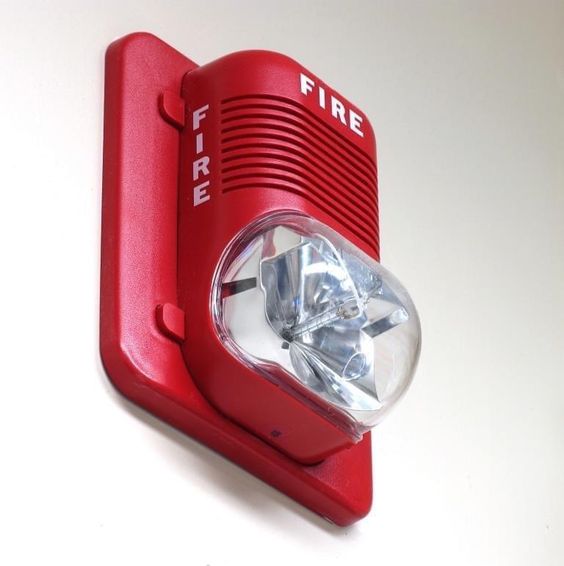Fire Protection & HVAC
Benefits of fire protection systems
One of the main benefits of a fire protection system is that it saves money in the long run. Think about a business and what investments are made in manufacturing equipment, information technology hardware, and infrastructure. If a fire affects operations for a significant period of time, it could cost the company millions of dollars. A good example is a machine shop that manufactures parts. If the store were to catch fire and close for several days or weeks, business would suffer greatly. Equipment may need to be replaced and valuable contracts could be lost. Companies need to consider all factors when looking at the price of a fire protection system.
Another benefit of some types of fire protection systems is the automatic dispatch of emergency services. These systems will work to immediately extinguish the fire, while also notifying authorities to dispatch emergency professionals to your location.
Determination of the appropriate fire protection system
How will you determine the best system for your business? You must consider the facility you are protecting, compliance with building codes, and potential insurance requirements. Because many fire protection systems are permanent, it can be important to think about the future needs of your facility, not just your current needs. For example: if you are protecting a server room and expect to add more servers as time goes on, can you add them to the system?
When selecting and installing a system, it is essential to hire a company with a complete understanding of your needs who can customize your fire protection options. If your building isn't up to code or if machines and equipment aren't adequately guarded, you may be facing exposure and downtime.
Active vs. Passive Fire Protection
Fire protection can be active or passive. When a building is under construction, the contractor and architect can incorporate passive fire protection, such as fire doors and fire escapes. Passive fire protection can also refer to the use of non-flammable materials during construction. In contrast, active fire protection means using a system that reacts in the event of a fire. Examples of active fire protection include sprinkler systems and special fire suppression systems.
Active vs. Non-Electric Sensing
Deciding whether to use active or non-electric fire detection is also critical. Non-electric fire detection does not require electricity. If you lose power, you can rest assured that your fire protection system will work in the event of a fire.
You'll also want to think about the offering of the system and the services that come with it. Will the system give you 24 hour detection? Do you notify the authorities once activated? What are the recommendations for ongoing inspection or testing of equipment?
Fire protection systems play an important role in keeping building occupants, assets, and the building safe. If you are looking to protect critical equipment or machines, a fire suppression system may be your best option.
